SERS Platforms with Analyte Concentrating Effect for Medical Applications
Xing Yi Ling
Chemistry and Biological Chemistry Division, School of Physical and Mathematical Sciences, Nanyang Technological University, 21 Nanyang Link, Singapore 637371
Surface-enhanced Raman scattering (SERS) is a molecule-specific spectroscopic technique with diverse applications in (bio)chemistry, clinical diagnosis and toxin sensing. While hotspot engineering has expedited SERS development, it remains challenging to detect small molecules with low Raman cross-section and/or no specific affinity to plasmonic surfaces. In this talk, I will discuss my group’s effort in improving SERS detection performances with focus on designing SERS platforms that can capture and confine analytes near SERS-active surfaces. We design water-repelling superhydrophobic SERS platform. This enables aqueous analyte molecules to be confined to smaller volume, therefore enhancing the SERS detection limit of highly diluted analyte detection. Using our superhydrophobic SERS platform, we have achieved 100 aM (10-8 M) analyte detection using only 1 miroliter of analyte solution. We then use this superhydrophobic SERS platform for the detection of multiplex metabolites in complex urine matrix. As a proof-ofconcept, we successfully identify and quantify spontaneous miscarriages-related urine metabolite biomarkers in 40 patient urine samples at nanomolar levels. From a broader perspective, this unique medical application of SERS for metabolomics can potentially be applied to screen for various diseases and conditions in numerous clinical settings.

© 2025 · Biophotonics4Future
Leibniz Institute of Photonic Technology
Albert-Einstein-Str. 9
07745 Jena | Germany
www.leibniz-ipht.de



